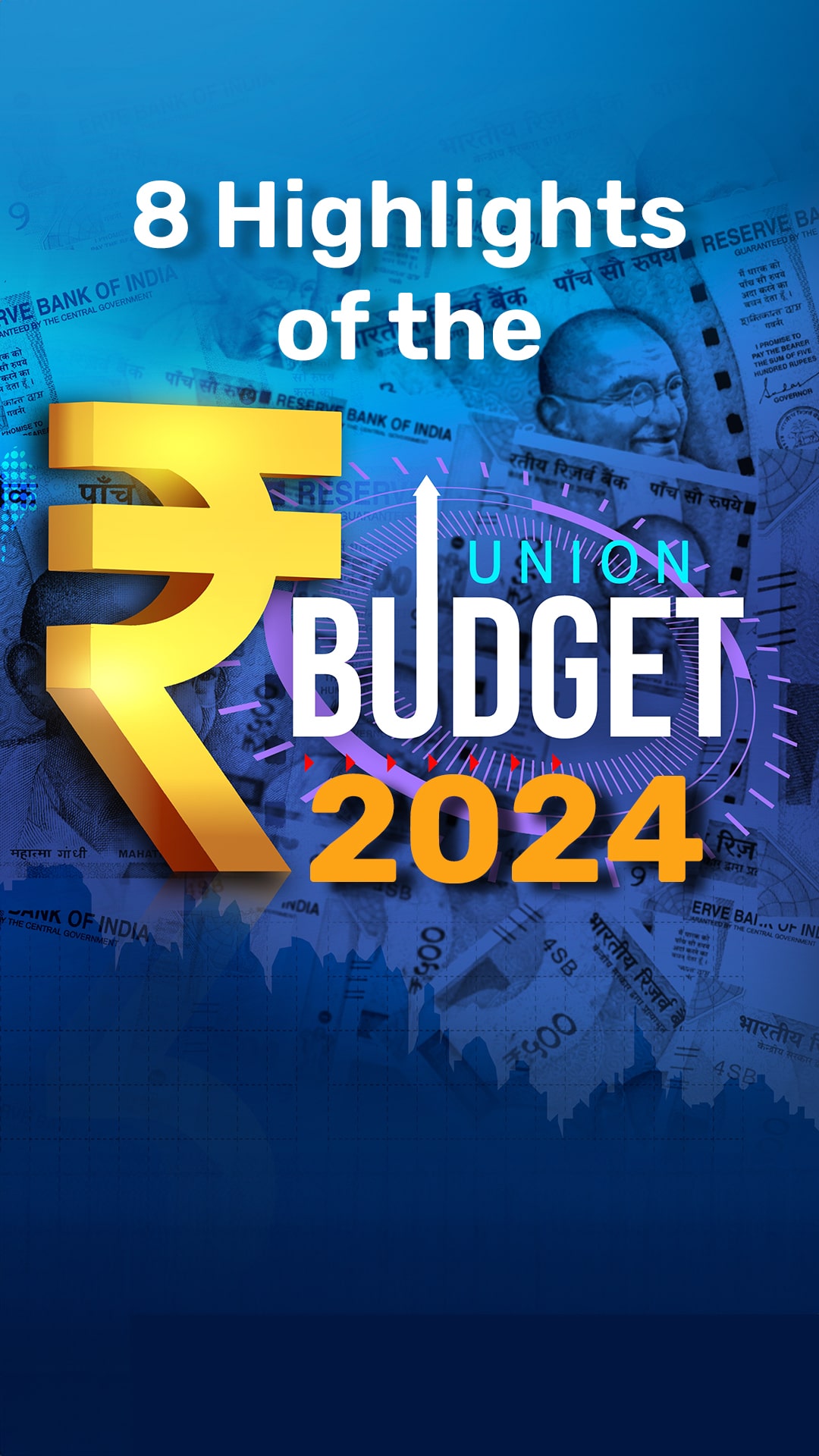Union Budget 2024: What Start-ups and MSMEs Need to Know
The Union Budget 2024 brings promising opportunities for start-ups and MSME owners, paving the way for growth and innovation. In this video, we’ll explore the key announcements. We’ll begin with the abolition of angel tax on all asset classes that could ease fundraising for start-ups. We’ll talk about how a venture capital fund of Rs. 1,000 Crore for the space economy might offer space start-ups new opportunities. Furthermore, we’ll cover how MSMEs might benefit from upcoming e-commerce export hubs in public-private partnerships, enhancing global market reach.
We’ll also discover how the credit guarantee scheme expansion might allow MSMEs to access term loans without collateral. We’ll look into the Mudra loan limit being doubled to Rs. 20 Lakhs. We’ll discuss how the TReDS platform expansion could help unlock working capital for MSMEs, while new SIDBI branches are set to support MSME clusters.
We’ll explore the digital public infrastructure tools, developed by the private sector, and how they could streamline credit, e-commerce, and health services. Additionally, we’ll take a look at how reduced capital gains taxes and a lower TDS rate for e-commerce operators might improve cash flow.
With a fiscal deficit at 4.9% of GDP and Rs. 11.11 Lakh Crore allocated for capital expenditure, this Budget might drive infrastructure growth and economic resilience.

Key Takeaways
Angel tax has been abolished for all asset classes, which could help start-ups raise funds without tax concerns
A venture capital fund of Rs. 1,000 Crore will be launched for the space economy that could offer opportunities for space start-ups
MSMEs might benefit from new e-commerce export hubs, making it easier for them to access global markets
MSMEs could now access term loans for machinery and equipment without needing collateral
The Mudra loan limit has been increased to Rs. 20 Lakhs, which could provide more financial support for small businesses
The TReDS trade invoicing platform will be expanded to help MSMEs unlock working capital by converting receivables into cash
New digital public infrastructure tools might improve efficiency in areas like credit, e-commerce, and health services
Short-term capital gains tax has been reduced to 20%, and long-term capital gains tax to 12.5% for specific assets
E-commerce operators will now face a reduced TDS rate of 0.1%, which could increase cash flow for businesses
Corporate tax for foreign companies has been cut to 35%, and could make India more attractive for international investors
The fiscal deficit is estimated at 4.9% of GDP, with Rs. 11.11 Lakh Crore allocated for capital expenditure to boost infrastructure
What to Watch Next
Bites





























